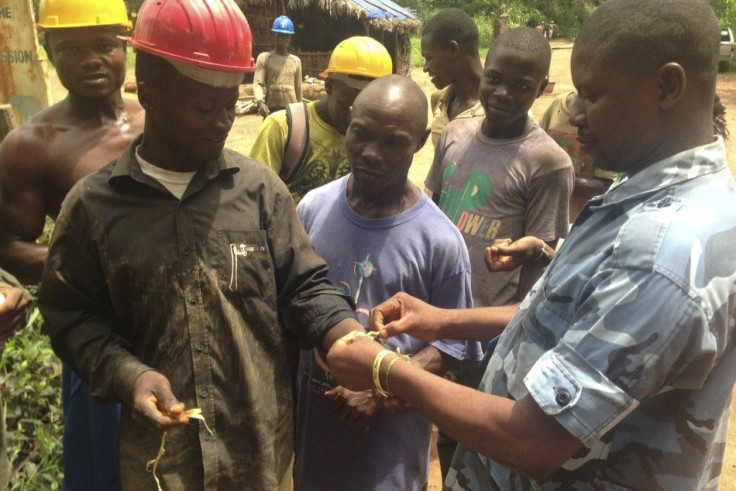Ebola Virus Could Infect Twenty Thousand People In Six Weeks

Health experts have warned that the number of Ebola-infected people could triple in the next six weeks and that the infection could be prevalent for years. They said that this would be the scenario if efforts aren't taken to stop the outbreak.
According to The World Health Organisation, Ebola has killed about 2,800 people. Till Sept 18, around 5,900 cases of Ebola have been reported in five countries in Western Africa.
The experts have said that by early November, the number of people affected by it would rise to twenty-thousand. An article in the New England Journal of Medicine mentioned that unless the patients were isolated and the communities enlisted, the infections will continue to grow.
According to Reuters, on Aug 28, the WHO had said that within the next nine months, the virus could hit twenty-thousand people but now they feel that it will go up to that figure in the next six weeks.
Dr. Christopher Dye, the WHO director of strategy, said that the case numbers will go up and by the second of November, the three countries, Liberia, Guinea and Sierra Leone will have over 20,000 confirmed and suspected cases. He added that if the outbreak was successfully brought under control, then Ebola had a huge chance of disappearing from the population of West Africa and return to the animal reservoir.
He also said that if it was only 'partially' under control, then Ebola could become a permanent feature in West Africa. He continued that the three hard-hit countries had a bit of a mixed pattern as far as Ebola was concerned.
ABC News reported that half of these twenty-thousand cases would affect those in Liberia as its most hard-hit among the five countries. Liberia has had about 1,600 deaths from 3,022 cases. Sierra Leone would account to about five thousand cases and Guinea six thousand.
The Ebola outbreak had started from Guinea and then spread to its neighbouring countries, Liberia and Sierra Leone. The WHO said that the cases in Senegal and Nigeria are contained as Senegal has had only one case registered on Aug 19 and Nigeria has had twenty cases, eight dead, and hasn't reported any cases since Sept 8.






